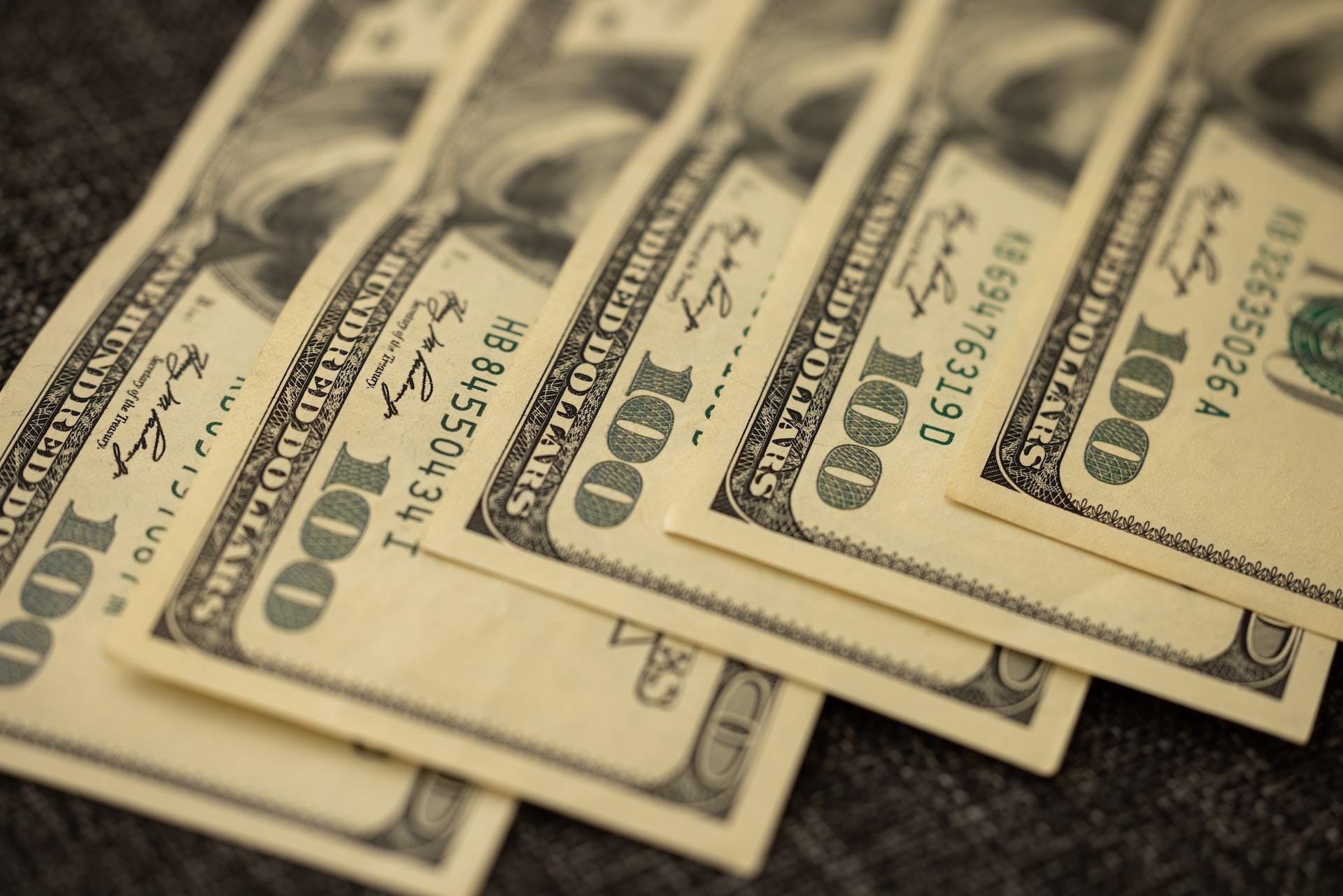Well, for an individual buyer the rate is determined by a lot of factors: primary home or investment home, loan size, Loan to Value, credit score, credit history, debt ratio, type of income, job history, job stability, w-2 or 1099 pay, self employed. I am sure there are others I have not listed.
The base rate most referred to is the 30 year fixed rate conforming loan. A 15 year conforming loan will be less and a Jumbo Loan will cost more. FHA has its own rates and VA has its own program. There are other programs that develop their own rates. But, aside from these factors where does it all start?
Most markets start with the price of the 10 year Treasury Bond. Basic Info. 10 Year Treasury Rate is at (July 12, 2023) 3.99%, compared to 4.01% the previous market day and 2.99% last year. This is lower than the long term average of 4.25%. The 10 Year Treasury Rate is the yield received for investing in a US government issued treasury security that has a maturity of 10 year. Without going into what makes the 10 Year Treasury Bond move let’s accept this as a starting point.
The 10-year Treasury yield serves as a benchmark, and it influences many other interest rates. When the 10-year yield goes up, so do mortgage rates and other borrowing rates. When the 10-year yield declines and mortgage rates fall, the housing market strengthens, which in turn has a positive impact on economic growth and the economy.
As I write this the 10 Year Treasury yield is 3.853% and the normal add to the 10 year for the 30 year fixed rate loan is historically 1.70 so the rate in most markets would be 5.625% but the rate is 7% which is more than 3% over the 10 year Treasury. Why? Short Answer. Financial Market Instability. When does this widespread return to normal? When interest rates stabilize, after the Federal Reserve has finished its tightening, and then eased back to a stable path for future interest rates. Probably will not happen in 2023.
